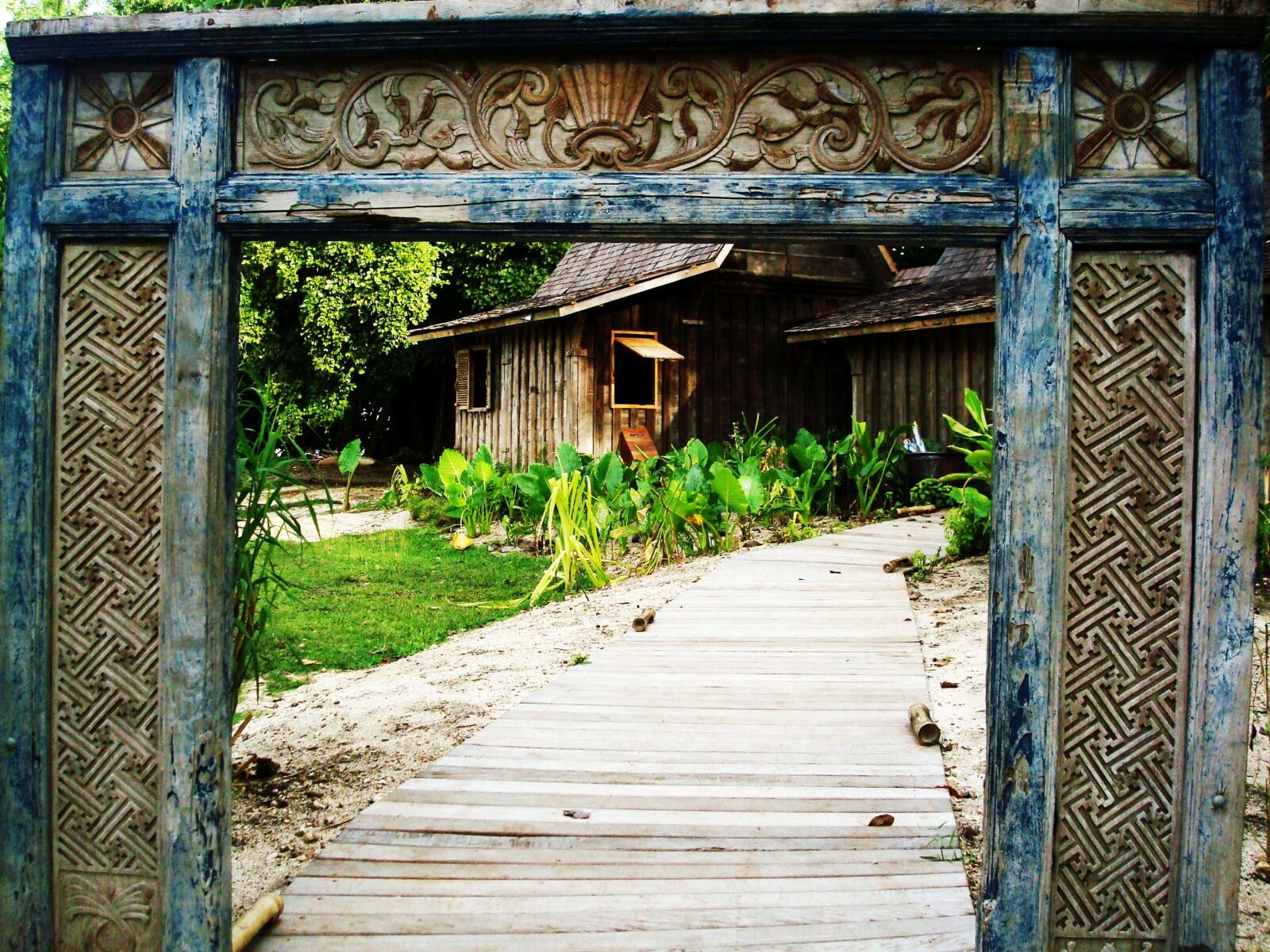
Aussies Create Cyclone Proof Buildings for Vanuatu
The open and welcoming smiles of the people of Vanuatu conceal the sad reality that more than a year on from Cyclone Pam, some4 of them are still living under tarps or going to school in tents. While the main tourist areas have been back up and running for quite some time, the more rural residential areas of Vanuatu are still recovering from the devastating cyclone which tore through the region with winds of up to 320km/h a year ago.
In its wake Cyclone Pam killed 11 people and left hundreds more without homes. Given that these homes were constructed from wood and coconut leaves, it's no surprise that they were unable to stand up to the damaging winds. Even more modern buildings were flattened and lost tin roofing. As families hop from one shelter to another, the reality is that it could be 5 years or more before they are able to rebuild their homes, as this is how long it takes for the trees and leaves to grow back.
Vanuatu is such a popular holiday destination with Australians and there were a couple of Aussies who just couldn't bear to see the friendly Vanuatu people going up against Mother Nature. Enter Nev Hyman and Ken McBryde, a former Gold Coast surfboard maker and Sydney architect who have created more than 14 specially-designed cyclone-proof buildings for the people of Vanuatu.
Specifically designed to withstand category five cyclones, the Vanuatu accommodation, named Nev Houses, are made from recycled plastic and will go to 12 tribes on the island. The buildings were carefully designed to connect with the villagers lifestyle and are designed for the tropics, with verandas to keep driving rain and hot sun off the walls but windows that take advantage of the cooling breezes. The buildings can be erected in 5 days and also have solar power.
The first phase of the project, these buildings will be able to protect 1000 people when the next cyclone rolls in. They'll also be used as medical clinics and classrooms in the meantime. Each building costs approximately $32,000 and the Vanuatu government has been quick to place orders with acting prime minister Joe Natuman telling media that the technology will save lives.
There are also designs in the works for family huts which will comprise of traditionally weaved coconut leaf verandas, with the remainder of the building being cyclone proof. Other countries have also expressed interest in the buildings including Indonesia, Maldives, Sri Lanka, Mexico, Tonga, the Philippines, Fiji and the Solomon Islands.
(4th May 2016)
